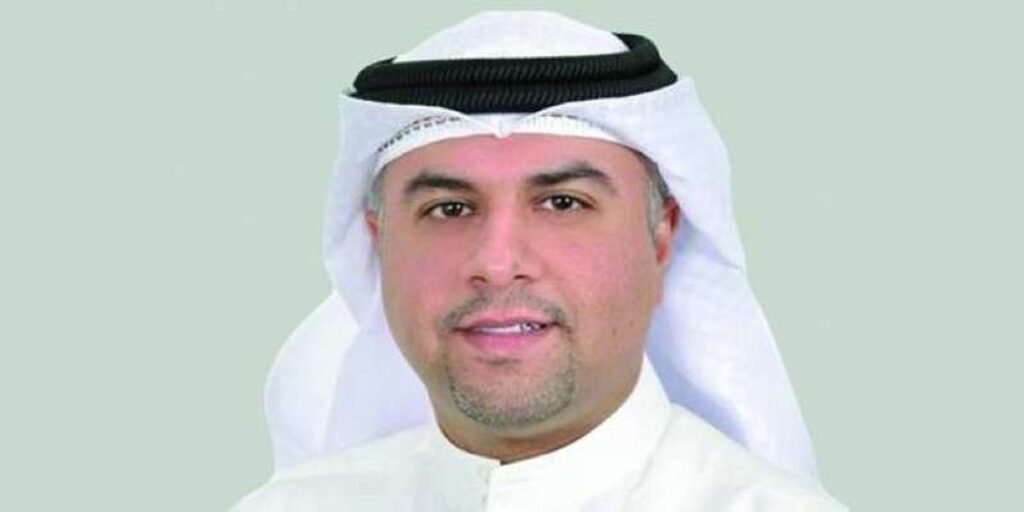Kuwait's Mortgage Reform Set to Reshape Housing Finance
Background
Kuwait is poised for a significant transformation in its housing sector with the impending mortgage reform. This pivotal legislative initiative aims to alleviate the growing pressure on the Kuwait Credit Bank by introducing alternative financing channels. The proposed law seeks to bolster the Public Authority for Housing Welfare (PAHW) in meeting the nation's housing demands, without disrupting existing residential or investment markets.
Market Context
The core objective is to enable eligible citizens to acquire homes more swiftly through new financing mechanisms. Simultaneously, the legislation is designed to prevent price distortions or speculation within the real estate market. The Central Bank of Kuwait is tasked with preparing the executive regulations, which will detail financing rules, repayment structures, and eligibility criteria for borrowers.
Local Relevance
Kuwaiti banks, known for their substantial liquidity and high solvency, are well-positioned to offer competitive financing solutions. This creates a mutually beneficial scenario, empowering citizens while generating profitable returns for the banking sector. The draft law prioritizes borrower protection, setting limits based on financial capacity, exempting interest, and allowing principal repayment periods of up to 25 years. Solutions for default, including rescheduling or state intervention, are also outlined.
Outlook
While many GCC nations have successfully implemented robust mortgage laws, Kuwait's unique housing welfare system necessitates a tailored approach. The reform is expected to stimulate the broader finance and investment markets by injecting liquidity into the residential sector. This aligns with regional trends emphasizing increased private sector participation in economic development. However, industry experts caution against potential market speculation and price inflation if not managed carefully.
Emad Haidar, Head of the Real Estate Brokers Union, emphasizes that while mortgages are a vital tool, they are not a standalone solution. A comprehensive approach, integrating real estate developers, land availability, and infrastructure expansion, is crucial. Lawyer Dalal Al-Mulla highlights the law's significance in filling a legislative gap, regulating lender-borrower relationships, and enhancing legal certainty in transactions. This policy shift is anticipated to improve purchasing power for Kuwaiti citizens, potentially increasing market activity.
The success of this policy hinges on a balanced framework that safeguards both lenders' rights and borrowers' guarantees, ensuring social and family stability. Future implementation will require a modern real estate registration system and clear judicial enforcement procedures. Real estate expert Alaa Behbehani warns that financing is just one component; coordinated action across land, developers, and finance is essential for sustainable housing solutions in Kuwait.







